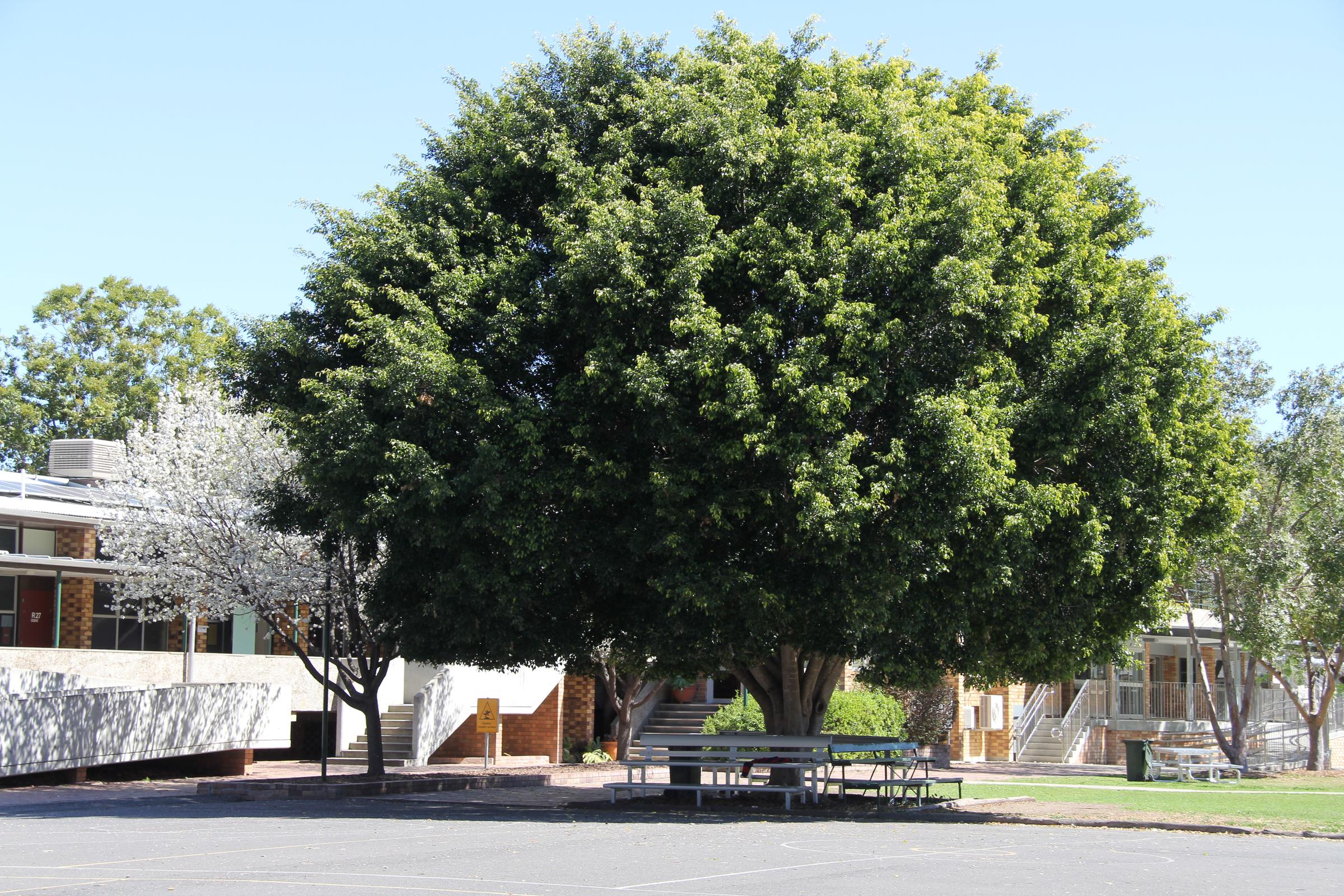Secondary News

Implementation of new NSW Curriculum Syllabuses for Secondary in 2019
Next year will see the implementation of the new mandatory NSW Education Standards Authority (NESA) Syllabuses for:
Years 7 and 9 Personal Development, Health and Physical Education (PDHPE)
Stage 5 Languages - Elective Japanese
Stage 4 Technology Mandatory - Year 7 only.
All students in NSW must complete mandatory NESA requirements in Stage 4 to be eligible for the Record of School Achievement (RoSA) and Higher School Certificate in Stages 5 and 6.
PDHPE is a mandatory course that is studied in each of Years 7–10. The syllabus provides a strengths-based approach towards developing the knowledge, understanding and skills students need to enhance their own and others’ health, safety, wellbeing and participation in physical activity in varied and changing contexts. The syllabus provides opportunities for students to develop self-management, interpersonal and movement skills to help students become empowered, self-confident and socially responsible citizens.
The study of a Language other than English is a mandatory NESA requirement. One hundred hours of study are to be completed in one Board Developed syllabus or Board Endorsed language course over one continuous 12-month period between Years 7–10, but preferably in Years 7–8. Japanese is the chosen language at St Philomena’s and is taught in Year 8 and as an Elective Subject for Stage 5.
The Japanese K–10 Syllabus provides opportunities for students to engage with the linguistic and cultural diversity of the Japanese-speaking community. Through learning Japanese, students develop communicative skills in the language, an understanding of how languages work as a system and intercultural understanding capability.
Technology (Mandatory) engages students in design and production activities as they develop solutions to identified needs and opportunities. Through the practical application of knowledge and understanding, they learn about Agriculture and Food Technologies, Digital Technologies, Engineered Systems, and Material Technologies.
VALID 8 Science
On Tuesday, Year 8 students completed the VALID 8 Science Test which was an interactive, online, multimedia diagnostic assessment that all schools in the Diocese are required to do. Questions asked were framed in real-life situations related to self, the family and the community and gave students the opportunity to demonstrate their understanding at both local and global levels. The test also included survey questions which assessed the values and attitudes outcomes of the science syllabus.
The results of the test allow the school to map students’ progress in the Science KLA against the assessment framework that spans Stages 2 to 5. The results will be sent home once the school has received them.
Students were tested on their:
■ knowledge and understanding of science
■ understanding and skills in the process of scientific investigation
■ ability to evaluate evidence, make judgments and
■ think critically
■ ability to access information and communicate scientific ideas using a variety of strategies.
Helping your child study at home
Helping your child study at home
Study skills are integral to every student’s success. The further along a student is in their schooling, including tertiary education, the ability to use essential study skills to work ‘smart’ and have optimal achievement becomes increasingly more important.
Parents and Guardians form a critical part of student’s study habits and are ideally placed to reinforce effective study habits to facilitate learning and study outcomes.
Good study skills take consistent practice and support from educators and parents. We all need to be speaking the same language to enhance the consolidation of study skills.
The secret to doing well in assessment tasks lies in planning. Some tips to help your child plan include:
Work out a revision timetable for each subject.
Look at the assessment calendar with your child to make sure you are aware of the type of assessments for each term.
Enforce a regular study or homework time each weekday.
Break revision time into small chunks – hour-long sessions with short breaks at the end of each session often work well.
Make sure your child has equipment for each subject E.g. essential textbooks, stationery, chromebook and writing materials.
Create a quiet working space for your child.
Literacy Focus in the Secondary School
At St Philomena’s this term, we have introduced a specifice, dedicated literacy block in Year 8. The rationale behind this initiative is to improve student’s literacy skills across all subject areas, so they can access and communicate a wide range of information within and beyond their schooling life.
In order to give our students every opportunity to improve their literacy skills, we have implemented four lessons per fortnight dedicated to literacy. These literacy lessons focus on the areas of language conventions, writing and reading comprehension.
In conjunction with this, we are running a Levelled Literacy Intervention program (LLI) where students participate in small group lessons with an intensive focus on reading, comprehension and vocabulary. All students will be formatively assessed throughout the term in order to track individual progress and to inform teaching practice.
